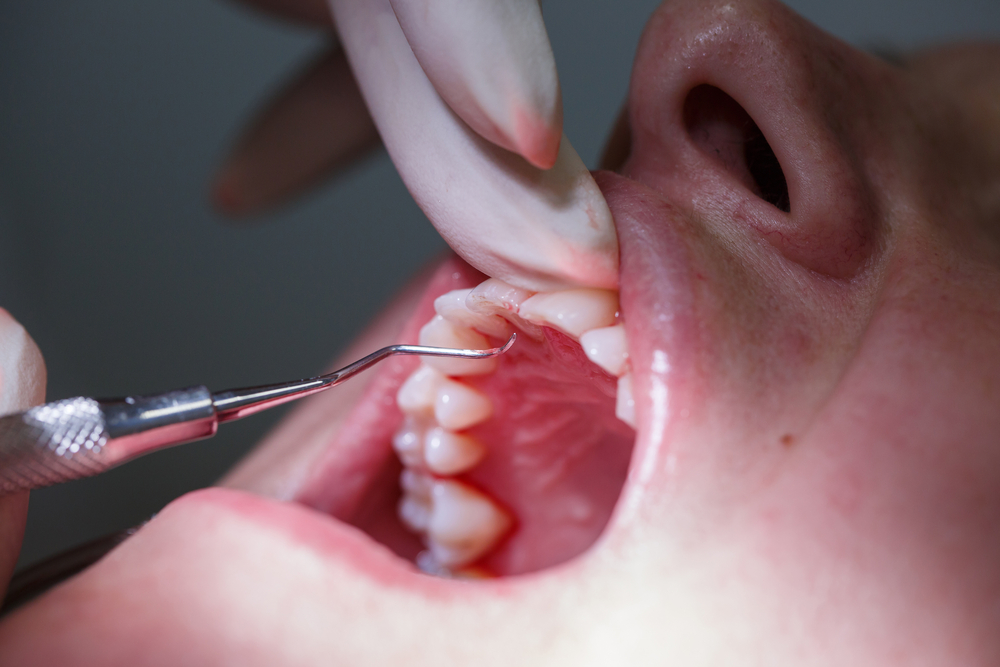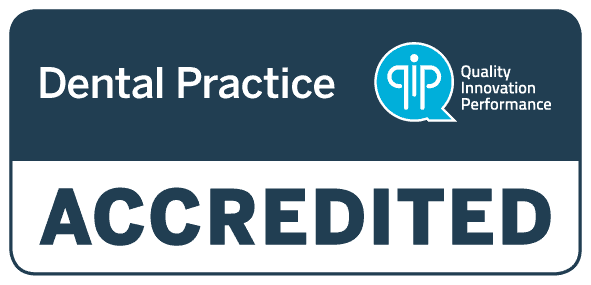Dental cleaning is crucial for maintaining good oral health despite brushing and flossing daily. Cavities and gum disease (gingivitis) can develop if you don’t see the dentist every six months or neglect your oral hygiene at home.
Regular dental cleaning involves removing plaque and tartar on your teeth. But sometimes, you may require deep cleaning or scraping of teeth.
What is Scraping?
Scraping is a process that involves the removal of hardened plaque and tartar build-up from your teeth. It’s a common dental procedure that can help prevent tooth infection and decay. Scraping is a part of a deep cleaning procedure performed by dentists that typically takes up to an hour.
Scraping is a really good technique to restore the health of your gums. Scraping out the pockets between the teeth and gums reduces your risk of tooth loss by eliminating those large pockets.
Since the plaque and tartar contain harmful bacteria that damage the teeth, getting the build-up scraped off your teeth is beneficial in lowering the chances of tooth decay and gum disease.
Advantages of Scraping of Teeth
Scraping is a great way to maintain healthy teeth and gums. Along with giving you a brighter smile and healthier mouth, scraping of teeth also lowers the chances of serious dental problems in the future.
The following are the advantages of dental scraping:
- Eliminating bad breath
- Stopping the gum disease from advancing.
- Treating infection and promoting healing.
- Thorough cleaning of your teeth above and below the gum line.
Disadvantages of Scraping of Teeth
While dental scraping has several benefits, it also has some risks, including:
- Pain and sensitivity.
- Nerve damage.
- It may cause your gums to recede if not done correctly.
- Issues with reattachment of your gums to the teeth.
- Possibility of infection if the immune system is weak.
Can Scraping be Done at Home?
Are you thinking about scraping your teeth at home?
It is something you should never do at home.
Plaque scrapers are probably something you’ve seen in your local drug and grocery stores. But it would help if you didn’t use them simply because they are available. You need training and particular skills to carefully scrape off plaque and tartar from your teeth without unintentionally harming your gums.
Dentists and dental hygienists undergo years of intensive training to do this.
But of course, you can take some precautionary measures to lower the likelihood of dental scraping.
- Be sure to brush & floss every morning and night.
- Try not to forget your visit to the dentist twice a year and keep all your appointments.
- Get an appointment with the dentist as soon as you notice any changes in your mouth, such as swelling, red, bleeding, or chronic bad breath.
Dental Scraping in Wollongong, NSW
If it has been more than six months since your last dental check-up, you should visit our dental clinic in Wollongong, NSW, AU. Dentist 4 U has a team of skilled dentists and dental hygienists who will examine your oral health & decide whether or not you need a dental cleaning.
Give us a call anytime to book your appointment.



